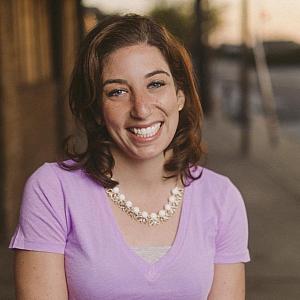
Rebecca Plevin
Project Editor

Project Editor
Rebecca Plevin is the project editor at the Fresno Bee bilingual Central Valley News Collaborative. She previously reported on health for the Desert Sun and KPCC, the NPR station in Los Angeles. She covers infectious diseases and consumer health issues, with a close eye on the cost of health care. She also wrote KPCC's consumer health blog, Impatient.
Prior to working at KPCC, Rebecca spent five years covering health news in California's Central Valley, first for the bilingual paper Vida en el Valle, and then for Fresno-based Valley Public Radio. She also contributed to The Reporting on Health Collaborative's groundbreaking series of stories about valley fever.
Rebecca’s work has appeared on national programs like Morning Edition, All Things Considered and Marketplace. She has also contributed to Capital Public Radio's health documentary series, The View From Here. She's earned an LA Press Club Award for best blog and the George Gruner Award for Meritorious Public Service in Journalism, as well as top honors from the California Newspaper Publishers Association and the National Association of Hispanic Journalists.
Rebecca grew up in the Washington, D.C. area and is a graduate of Northwestern University's Medill School of Journalism. She's also a fluent Spanish speaker, an avid rock climber and an acro yoga fanatic.

On January 1, California will begin transitioning children from the Healthy Families Program, a low-cost health insurance program for kids and teens, into Medi-Cal, the state’s version of Medicaid.
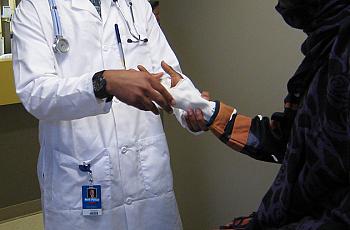
Community clinics, doctors and medical facilities are already struggling to provide appropriate, culturally competent medical translation to diverse populations, and the implementation of the Affordable Care Act could exacerbate the situation.
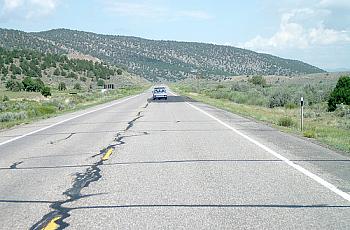
Rural and inner-city health facilities have been dealing with doctor shortages for years. One innovative approach has successfully attracted dedicated health professionals to rural Kansas and Iowa, and urban Memphis, and might provide clues for other communities facing a shortage.

Behind the increasing cases of valley fever in California are people whose lives have been forever changed by the disease.
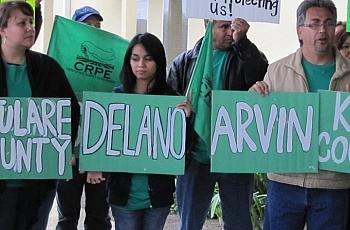
<p>During the month of April, Vida en el Valle ran a four-part series - called Latinos Protecting La Tierra – about environmental advocates from across the state. Why did we focus on the people fighting the environmental battles, rather than the issue itself?</p>
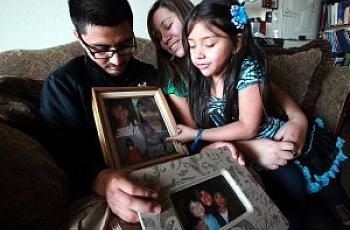
<p>Journalist Rebecca Plevin reports on the kind of teen pregnancy success story we don't hear enough of.</p>
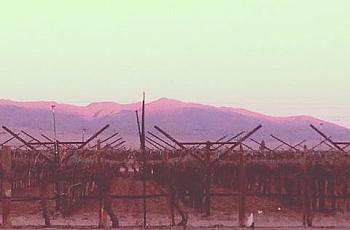
<p>Does rural healthcare have a future? And how can we ensure that rural California residents have access to decent healthcare, as doctors are becoming scarce?</p>
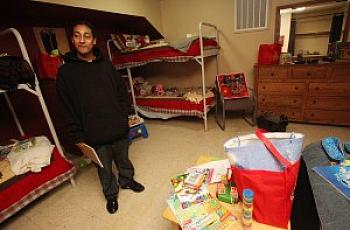
<div class="entry"><p>This winter, I collaborated on a reporting project exploring youth homelessness and education with Marcus Vega, a formerly homeless youth and reporter fo<span style="color: #000000;">r The kNOw Youth Media. The series of stories, which were supported by a New America Media fe
About three years ago, Georgina González left her three siblings, three children, and three grandchildren in Puebla, México and immigrated to Fresno in search of better economic opportunities.
What she found here, though, was an opportunity to receive health care after she was diagnosed with breast
<p>For the June 2 edition of Vida en el Valle, I wrote a <a href="http://www.vidaenelvalle.com/2010/06/07/629569/all-in-the-family.html">… about the García family of Pixley</a>. (The story was produced with the support of <a href="http://www.reportingonhealth.org/fellowships">The California Endowment Health Journalism Fellowships</a>, a program of USC's Annenberg School for Communication & Journalism.)</p>